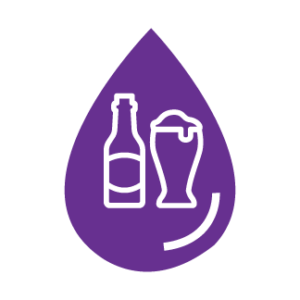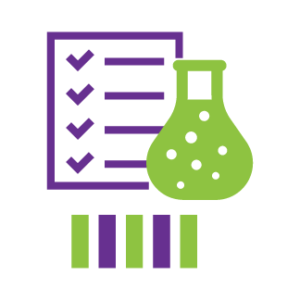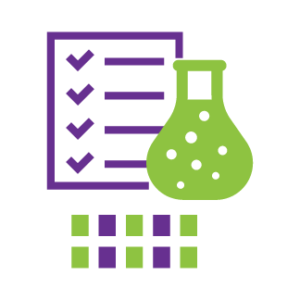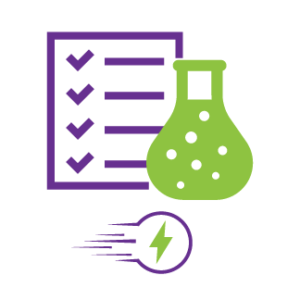
Drug Testing For Employers
A drug-free workplace is crucial to your business. Drug testing can prevent workplace incidents and injuries, and may even be a legal requirement. We make it as convenient as possible by offering custom plans, various test options, online ordering, and mobile on site testing.
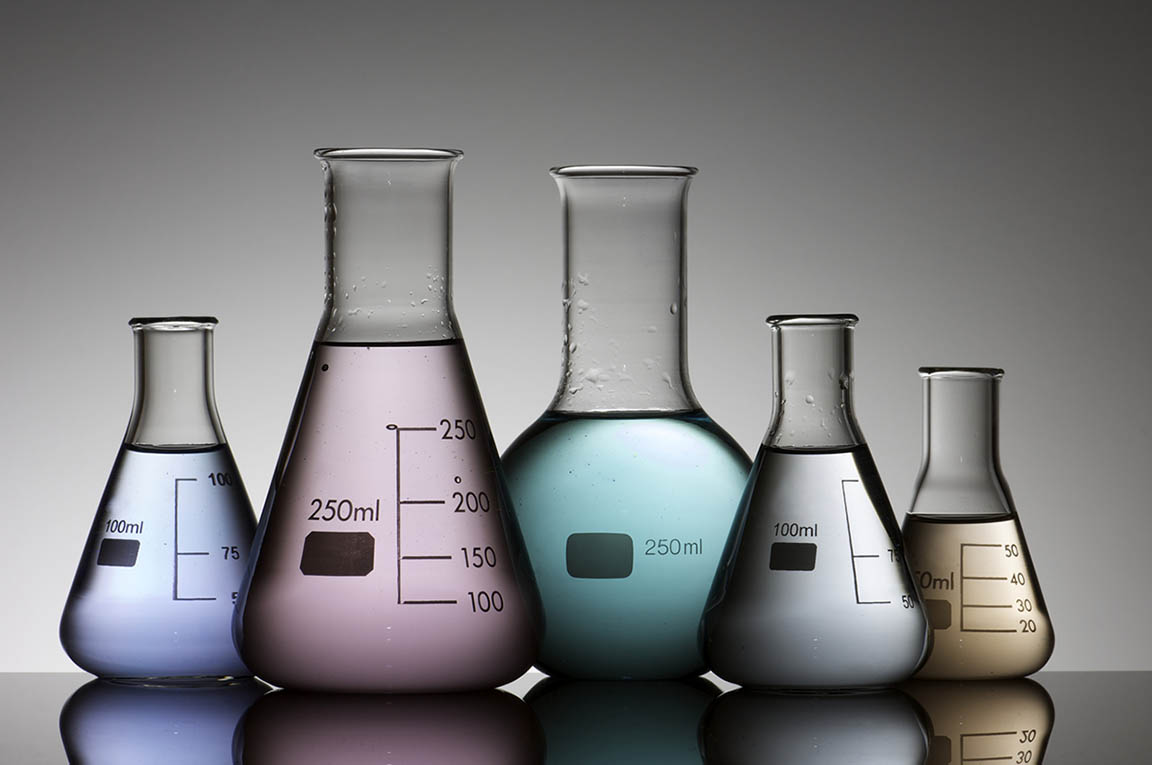
The Benefits of Employer Drug Testing
Is your company in search of a workplace drug testing program? RI MA Drug Testing offers employer programs for drug and alcohol testing and drug-free workplace policy development. Our employer drug testing programs are compliant with Federal and State laws and reduce the employer’s exposure to liability.
Substance abuse in the workplace is unsafe and costly; whether it be from worker’s compensation claims, absenteeism, or increased health care costs. By implementing a drug-free workplace policy, you are protecting your employees and your business.
Have Ongoing Compliance & Testing Needs? Open an Employer Account!
By having a discussion with us, we can determine your compliance and testing needs and can come up with a comprehensive plan for your organization. There are no minimum employee requirements to open your account, so we encourage all businesses to apply regardless of size.
Employer Drug Testing Services
-
-
-
Drug and Alcohol Testing For Employers and Individuals
10 Panel Urine Drug Test
$80.00 Select options -
Drug and Alcohol Testing For Employers and Individuals
Instant Rapid Urine Test – 10 Panel
$80.00 Select options
Employer Compliance & Training Services
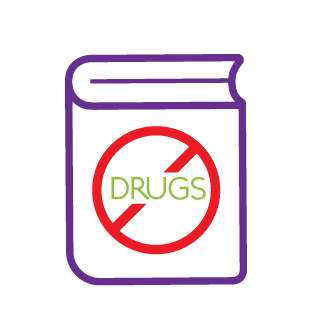
Develop A Drug And Alcohol Testing Policy
Do you want to develop or revise a drug and alcohol testing policy but are not sure where to start?
This can be overwhelming for many companies, as State and Federal laws can be difficult to comprehend.
If your drug testing policy is required by Federal or State regulations, those regulations will be where you want to start. Hiring a consultant who has experience creating compliant drug and alcohol testing policies can save you time and relieve stress.
Reasons To Implement A Drug Free Workplace Policy
Employers ask, “do I need a drug-free workplace policy?” The answer is typically yes, but there are many different reasons why such as:
- Required by Federal regulations – all DOT-regulated employers.
- Required because you have a federal grant or contract.
- Required by state law or agency regulations.
- Required by a state program granting a discount on workers’ compensation insurance.
- Contractual requirement based on a company you do business with.
- Required by workers’ compensation insurance.
- Limit exposure to liability in your drug testing program.
- Have the ability to deny unemployment benefits when terminating an employee for refusal to test or a positive test.
- Have the ability to deny workers compensation benefits when an employee refuses to test or tests positive after an accident.
It is important to identify the consequences of violating the policy with a positive test or a refusal to test. Policies should inform employees on how to get help if they have a substance abuse problem. Establishing an employee assistance program is critical to the success of the program. This may be a formal program often connected to health insurance or an informal program listing resources for employees that may want to seek help.
The goals of your drug-free policy should be to create a cost-effective, safe, and healthy work environment. The main goal is to reduce or eliminate workplace drug
use.
A resource provided by the Substance Abuse and Mental Health Services Administration (SAMHSA). is called the Drug Free Workplace Toolkit. https://www.samhsa.gov/
RI MA Drug Testing Can Help Develop a Customized Policy For Your Company...
Frequently Asked Questions
When would one use instant drug testing?
- DUI
- Court Order
- Attorney Request
- Nursing School
- Probation
- DCYF
- Pre-employment
How do I create a drug and alcohol testing policy for my company?
At RI MA Drug Testing, we can create a custom policy designed specifically for your company’s needs by going over a Drug Free Workplace Policy Questionnaire with you, either over the phone or at your office. This is for DOT and non DOT companies. You will receive a compliance binder which will include:
- Step by step instructions and all required documents for program management.
- Written drug & alcohol testing policies for distribution to employees.
- Supervisor training materials and access to live or on line additional supervisor training.
- Employee assistance programs (EAP) information and resources for rehabilitation, and treatment programs information.
- Access to Substance Abuse Professional (SAP) for DOT violations.
- Copies of any applicable regulations.
- Random testing instructions for any DOT required random testing.
- All required forms for compliance.
- Instructions for required record keeping.
What Are The Different Types of Drug Tests For?
Pre-Employment – Performed prior to the person starting his/her employment. It is used to determine if a potential employee uses illegal and/or prescription drugs.
Post-Accident – FMCSA (DOT) needed when:
- The accident caused injuries requiring medical attention at the hospital
- The accident caused a fatality or at least one vehicle had damage that required towing.
Post -Accident – For Non-DOT. Each company determines their own policy.
Reasonable Suspicion – a supervisor observes signs of impairment. ex. personality changes, disorientation, inability to complete routine tasks, inattentiveness, difficulty staying awake.
Return to Duty – If a DOT/FMCSA employee has had a positive drug test, they must immediately be removed from their safety-sensitive position and be referred to a substance abuse professional (SAP).
The SAP determines the necessary treatment and when they feel the employee is capable of returning to work, a return-to-duty (RTD) test is performed. RTD tests must be administered under direct supervision to assure that the test results are not manipulated in any way.
Follow-up – Drug testing performed once an individual has returned to work after working with a substance abuse professional. At minimum, the FMCSA requires six unannounced follow-up tests in the first 12 months of safety-sensitive duty following the employee’s return to safety-sensitive functions.
Have a Question?
We’d love to chat about how we can help out you or your organization.
Visit our Contact Page or fill out the form below.

